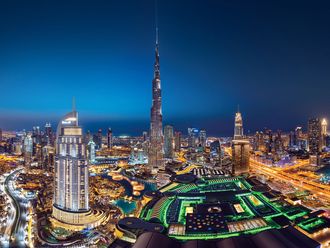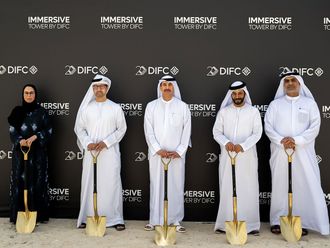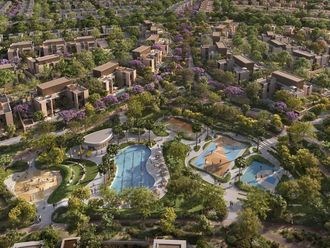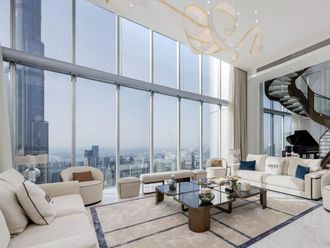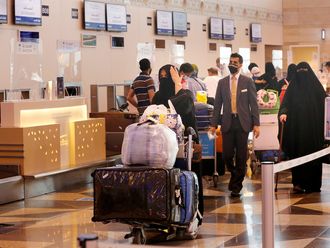Dubai: UAE cable manufacturer Ducab Tuesday announced global sales of Dh2.4 billion during 2009, a fall of 27 per cent from the previous year as a result of a dip in global copper prices.
Ahmad Al Shaikh, chairman of Ducab said earlier that while revenues declined, the profit percentage remains the same as the previous year despite the major drop in copper prices. He said the profit percentage would be 5 per cent going forward.
Its current share is 50 per cent of the UAE cable market and it aims to have a 25 per cent share in all GCC countries.
"We will focus now on the entire Middle East and Africa regions. There are high-demand markets," Al Shaikh said.
During 2009, the company said, it increased its UAE market share by 10 per cent.
"The Middle East as a whole remained a strong market for Ducab in 2009," said Andrew Shaw, managing director.
Some of the major UAE projects for which Ducab supplied cables in the last few years were inaugurated in 2009, including the Burj Khalifa and the F1 Yas Marina Circuit, involving collaborations with companies like ETA and Siemens. For the F1 Yas Marina Circuit alone, nearly Dh100 million worth of power cables were sourced from Ducab.
India
The company recently gained majority market share in India as a provider of imported copper rods.
"This has resulted in over 25 per cent of the cable and enamelled wire manufactured in India with imported copper now being made out of Ducab copper," it said in a statement.
Late last year, the company began construction of its Dh500 million manufacturing facility that will produce up to 30,000 tonnes of high-voltage cables. The company's current investments exceed Dh1 billion as it expands production capacity.
The facility, which will begin production late this year, will bring up to 10,000 cable tonnes of high-voltage cables to market in the first year of operation, according to Al Shaikh.
The company, whose major shareholders are Dubai Electricity and Water Authority (Dewa) and Abu Dhabi Water and Electricity Authority (Adwea), will export 75-80 per cent of its production to the GCC countries, India, Hong Kong, Singapore and North Africa, and the rest will be for the local market.


